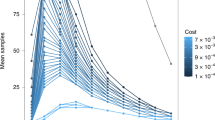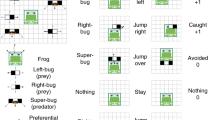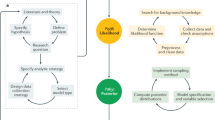Abstract
LET me begin by removing misapprehensions. I did not, as Prof. J. B. S. Haldane suggests, attack Prof. E. A. Milne and Sir Arthur Eddington: “Milne”, “Eddington” and “Dirac” were merely symbols to facilitate reference to certain passages of literature with which alone I was concerned. Nor did I award Prof. Milne the title of traitor. My point was that the present menace was not one of the ordinary cases of treachery to a cause; it was the creation, through the aberration of some of our most gifted minds, of an atmosphere in which treachery can nourish. I have the greatest respect for Prof. Milne, but I cannot speak too disrespectfully of the cosmological principle.
This is a preview of subscription content, access via your institution
Access options
Subscribe to this journal
Receive 51 print issues and online access
$199.00 per year
only $3.90 per issue
Buy this article
- Purchase on Springer Link
- Instant access to full article PDF
Prices may be subject to local taxes which are calculated during checkout
Similar content being viewed by others
References
Z. Astrophys., 6, 1 (1933).
Proc. Roy. Soc., A, 158, 345 (1937).
Rights and permissions
About this article
Cite this article
Dingle, H. Deductive and Inductive Methods in Science: A Reply. Nature 139, 1011–1012 (1937). https://doi.org/10.1038/1391011a0
Issue Date:
DOI: https://doi.org/10.1038/1391011a0
Comments
By submitting a comment you agree to abide by our Terms and Community Guidelines. If you find something abusive or that does not comply with our terms or guidelines please flag it as inappropriate.



